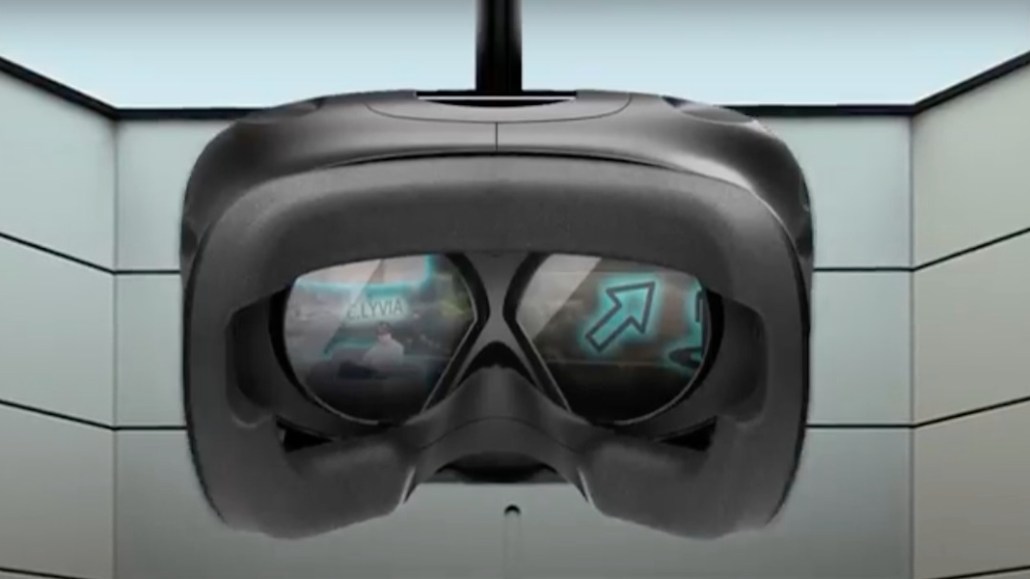Last chance to save on Digiday Publishing Summit passes is February 9

Virtual reality has emerged as a hot topic in banking with the rise of artificial intelligence, innovation labs, and the eath of the physical bank branch. There’s a way to tap into the mind of the customer through VR, but how it should fit into the business is still a mystery for most.
Venture capital funding in VR totaled $2 billion from 2015-2016, according to Digi-Capital and revenue from VR is expected to hit $162 billion or more by 2020 from $5.2 billion in 2016, according to IDC Research.
It’s still early for banks interested in bringing VR into their business. And like any new technology, VR is going to face some opposition before it’s more widely adopted across financial services. Just because banks can use it, doesn’t mean they should use it everywhere, or at all. Banks are experimenting with how to use it, when it’s appropriate, and who their partners will be. One thing is for certain, though: if customer like it, banks will want it.
“Banking customers have rarely seen a channel or a way to interact with a bank that they didn’t like,” said Raja Bose, global retail banking consulting leader at Genpact. “Branches, contact centers, online, mobile; banks are now letting customers interact with them via social media. The more ways you get consumers to touch their banks the better and there are always going to be some consumers that like it and wanna do it.”
However, some banks have dabbled in the technology already. Below are examples of three banks’ brushes with VR.
More in Marketing

GLP-1 draws pharma advertisers to double down on the Super Bowl
Could this be the last year Novo Nordisk, Boehringer Ingelheim, Hims & Hers, Novartis, Ro, and Lilly all run spots during the Big Game?

How food and beverage giants like Ritz and Diageo are showing up for the Super Bowl this year
Food and beverage executives say a Super Bowl campaign sets the tone for the year.

Programmatic is drawing more brands to this year’s Winter Olympics
Widening programmatic access to streaming coverage of the Milan-Cortina Games is enabling smaller advertisers to get their feet in the door.





